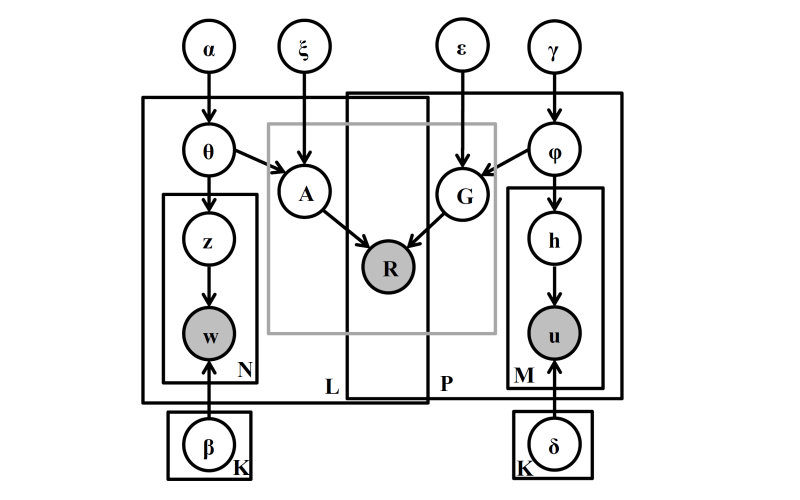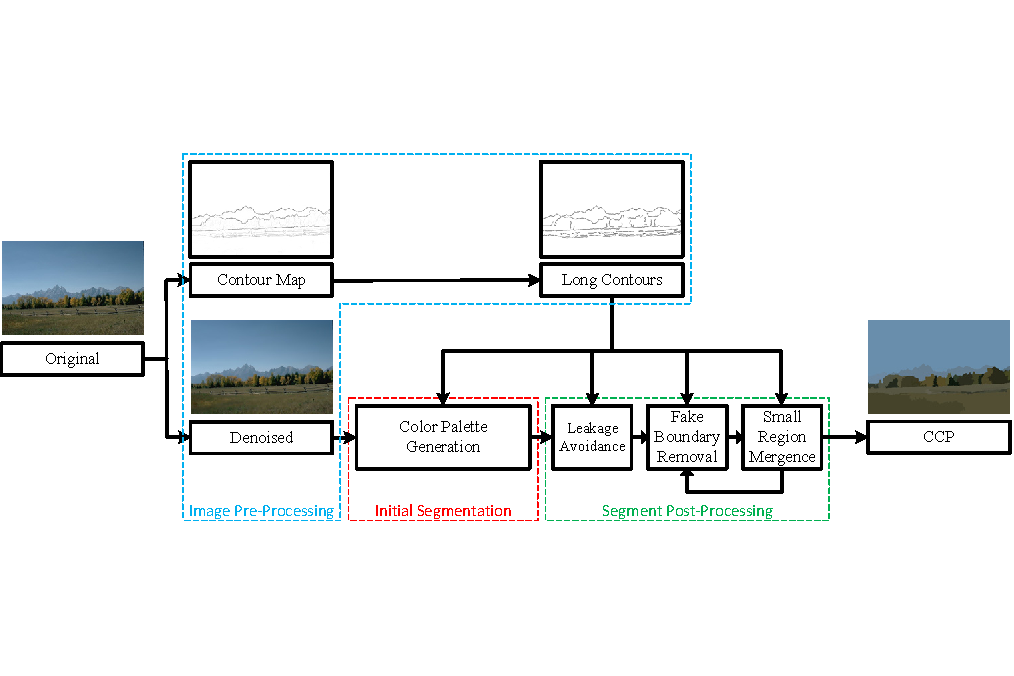MCL Research Paper selected as the Best Paper of an ACM SIGSPATIAL Workshop
The paper “Collaborative Group-Activity Recommendation in Location-Based Social Networks” by Sanjay Purushotham*, Junaith Shahabdeen, Lama Nachman, C.-C. JayKuo, published at the Geo Crowd 2014 workshop of the ACM SIGSPATIAL Conference has been selected by the workshop organizers as its Best Paper. In this paper, the authors are interested in examining the effectiveness of modeling group dynamics for ‘Group Recommendation’ in Location-Based Social Networks (LBSN). They proposed a novel hierarchical Bayesian model which jointly learns activities and group preferences by using topic models; and performs group recommendation using matrix factorization in a Collaborative Filtering framework. The model allows for group preference learning by capturing location semantics and user-group dynamics and. It also effectively handles data sparsity and cold start recommendation. A major advantage of the modeling framework is that the learned group preferences can be interpreted using latent topics. Empirical experiments on a large LBSN dataset (Gowalla) showed that this model provides more effective group recommendations than the state-of-the-art approaches. Those experiments revealed that the user preferences vary based on their groups, and users tend to exhibit a flair for novelty and exploration as part of a group. Furthermore, the results provide interesting insights into how the user and group preferences differ, and how the user’s behavior influences group’s decisions.
For more details, please refer to the paper at this link: http://dl.acm.org/citation.cfm?id=2676442
*Part of this work was done when Sanjay was interning at Intel Labs, Santa Clara, California.








